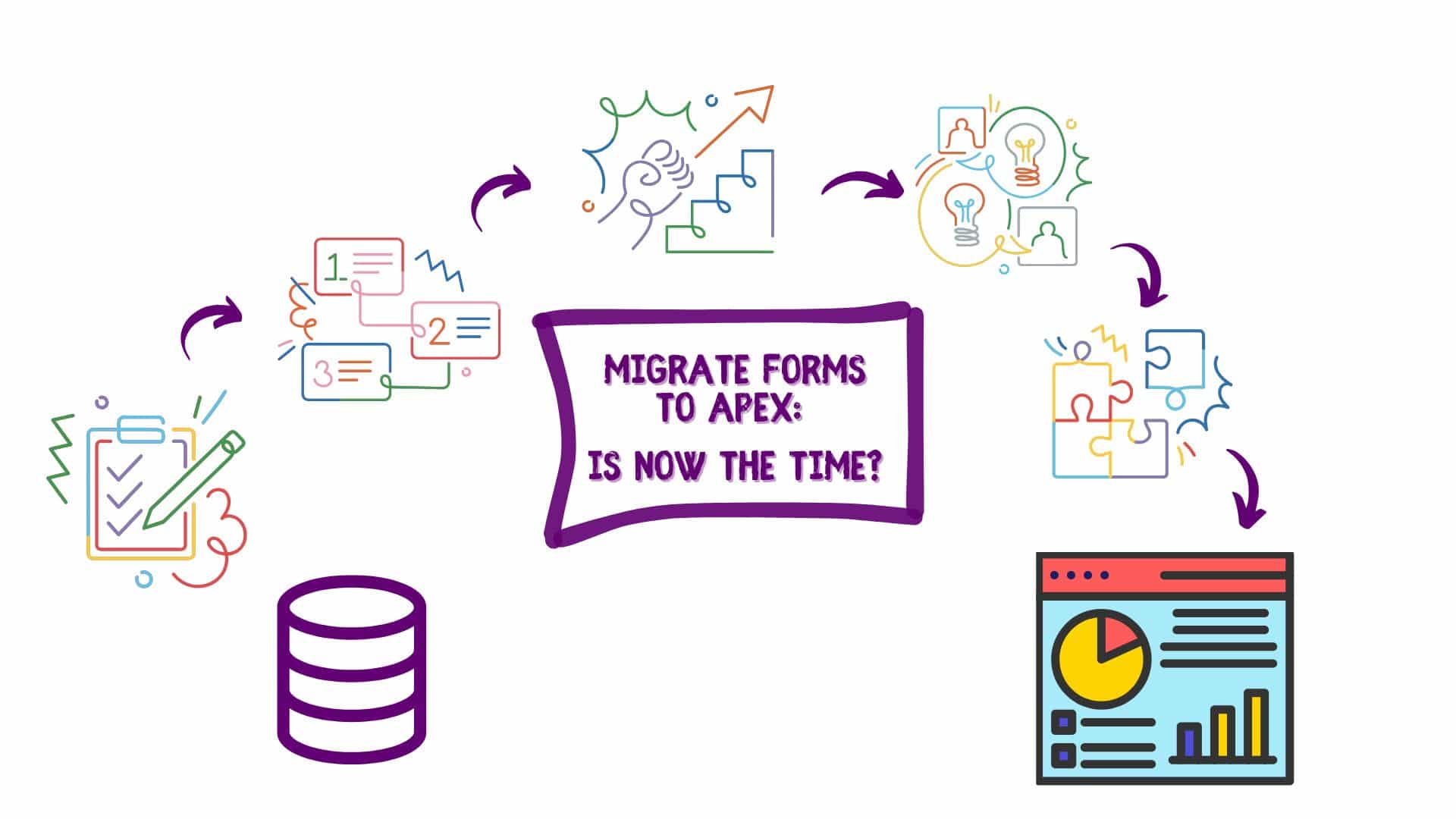 For organizations with large volumes of mission critical data, there have been three traditional concerns:
For organizations with large volumes of mission critical data, there have been three traditional concerns:
- High-Availability: Ensure that the data is always available
- High-Recoverability: Ensure that the data is safe and easy to recover in the event of failure.
- High-Performance: Retrieve the data quickly!!
Over the years, Oracle has been a leader in all of these areas of concern. Features such as row-level locking, cost-based optimization, data and sql memory caches, “hot backups” and archive logging, parallel processing across multiple CPU’s, Real Application Clusters (RAC), Data Guard, etc have all provided answers to the demanding database customers.
Exadata is the next step in specifically addressing high-performance like never before.
Increase Performance by Reducing Waits
When it comes to performance, it’s all about how fast the data can be retrieved from the database that is stored on disk. All performance problems could be boiled down to “waiting for data”. Before Exadata, waiting was reduced by minimizing I/O in the following ways:
- Optimize the steps required to collect and fetch the actual data. (Application tuning, Cost-Based Optimization)
- Keep the optimized data access methods (parsed/optimized SQL) cached in memory for reuse.
- Eliminate contention for data through Row-Level locking. Reads are never blocked, and writes are only blocked if someone else started changing a specific record first.
- Keep frequently accessed data cached in memory. Accessing data on disk will always be slower than accessing it from memory.
- When disk access is necessary, ensure that you have the data striped across multiple disks to reduce any I/O bottlenecks.
- Ensure that all I/O contention has been eliminated.
Exadata: An Integrated Solution
Exadata is an integrated Software and Hardware solution that reduces wait times even further, thereby resulting in extraordinary performance gains.
- Offload intensive query processing such that they are performed at the storage layer to significantly reduce the amount of data that must “travel”.
- Transparently cache frequently accessed data that is not held in memory to fast solid-state storage. The faster I/O response time of solid-state storage when compared to traditional disks results in huge performance gains.
- Hybrid Columnar Compression dramatically reduces the size of very large tables resulting in significantly improved disk based data retrieval. This is especially important in queries against data warehouse systems.
- Tightly integrated grid architecture that dramatically improves parallel processing capabilities for both data warehousing and OLTP applications.
Exadata is an end-to-end package of servers, storage, networking, and software working together to provide a scalable, redundant, high-performance infrastructure.
Immediate Performance Gains
The best part is that performance gains for organizations accessing large volumes of data are immediate. No programming changes are required. With expert guidance, even more dramatic gains are possible.
Oracle Exadata can be configured in many ways to fit your needs and your IT budget. Contact us at info@destech.com for more information.






